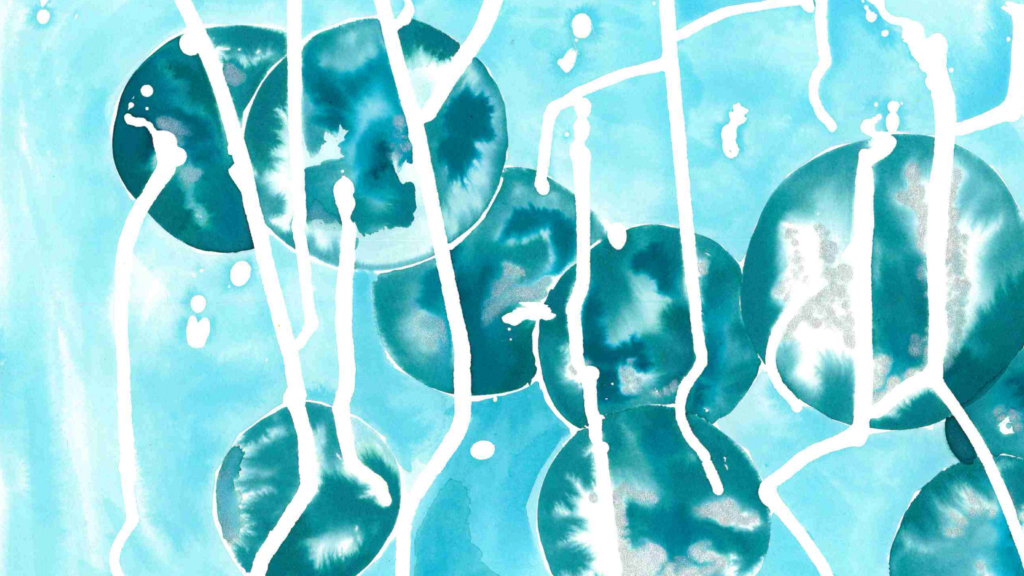To move into a paradigm of true healing, we need to have a conversation about trauma. Its a hot word, it brings up the feels, and it’s a LOT more than post-traumatic stress disorder (PTSD). I am currently gearing up to present at the Transcending Trauma Conference in Portland, OR later this month all about trauma informed care.
We need to ask every. single. person. with a mental health complaint about their history of trauma. We need to understand how our brains got to be wired the way that they are, to begin to move towards healing. Most of our deepest struggles where we wonder “why we’re like this” are rooted in something traumatic.
What even is trauma? If you just read meme’s on the internet, it’s a pretty confusing topic.
At its core, trauma is a deeply challenging experience that overwhelms our ability to cope. It is always relative to the individual. Examples can include racism, bullying, abuse, neglect, death of a loved one, any life threatening experience, witnessing someone else experience something life threatening, and more. Some life experiences will be incredibly hard but not traumatic, and stuff can be traumatic but not perceived as anything wrong in the moment.
The basics:
- Trauma exhausts our resources an ability to cope
- What is traumatic to one person may not be to another
- Our individual perception of an event shapes whether or not it is traumatic
74% of women and 81% of men report experiencing at least one traumatic event in their lifetime.
There is nothing defective in us when we have a trauma response. Trauma generates a cocktail of chemicals in our brains and our response is totally outside of our wheelhouse of control. For about 20% of people, the event will cause PTSD to develop. For the other 80%, they may or may not have lingering impacts from the trauma. It depends on a lot of factors.
The first step in healing is beginning to bring more awareness to the topic. More to come loved ones!
Love,
Dr. Laura
{Cover art by Jasmine Corbett}


